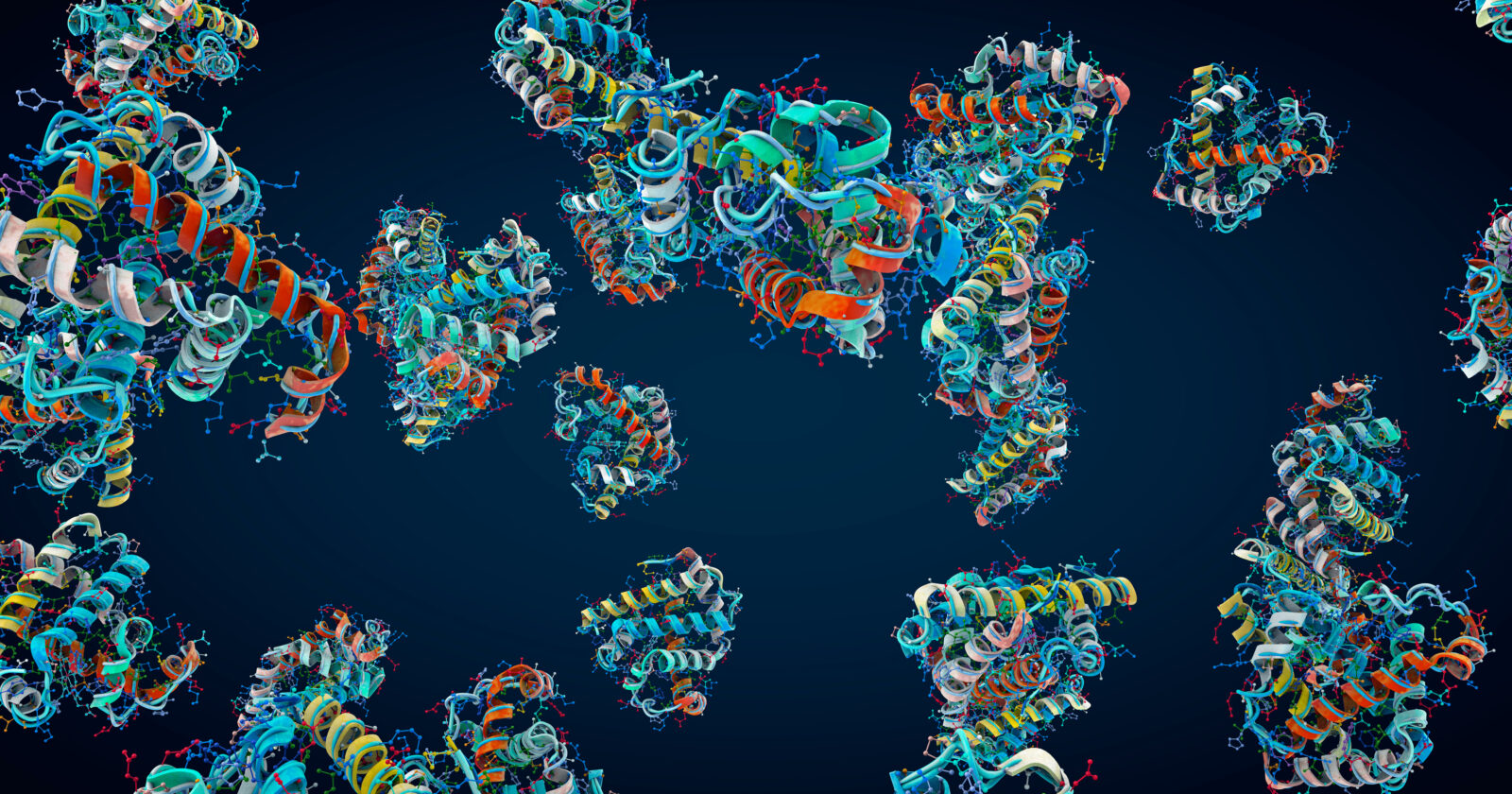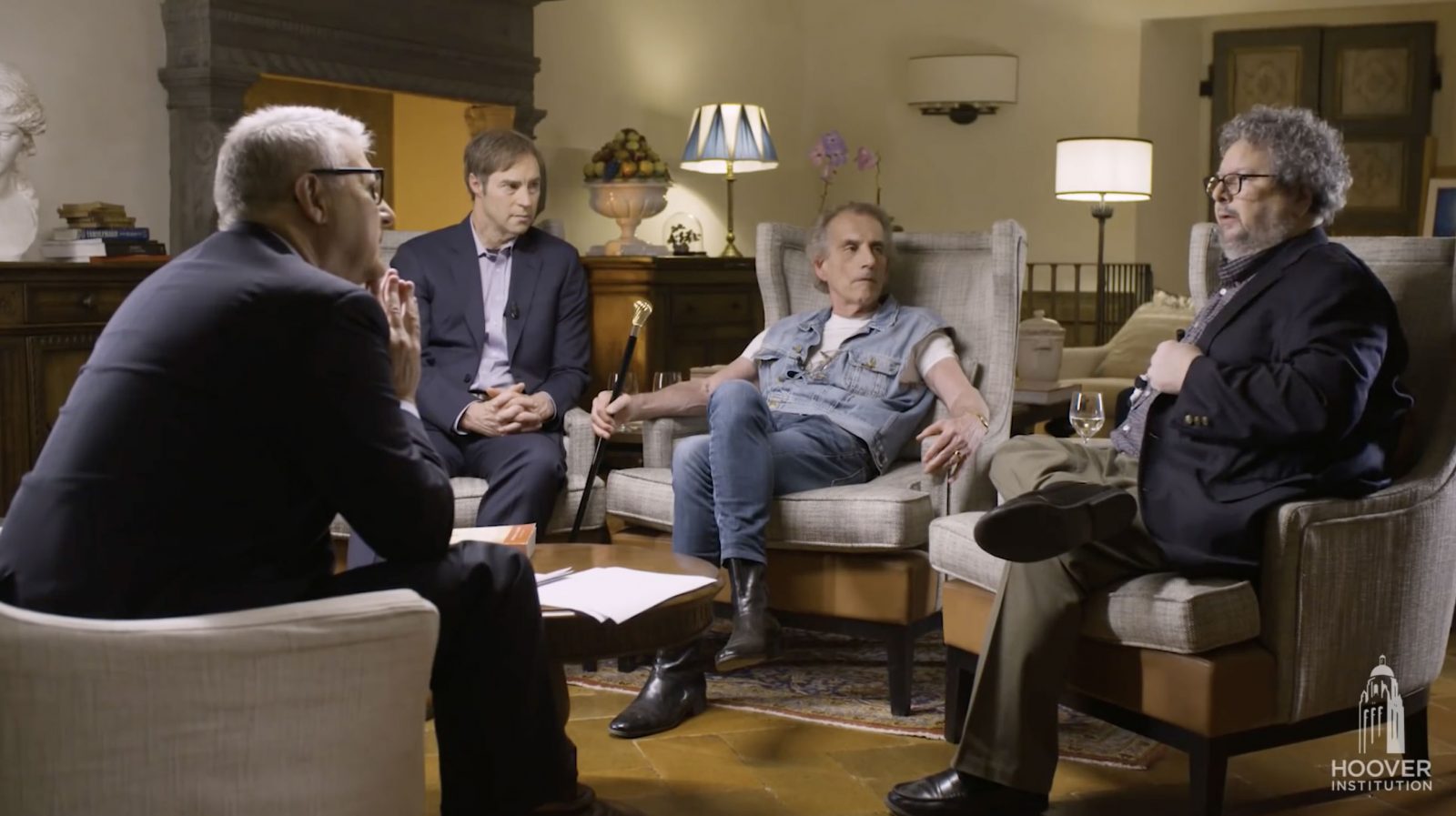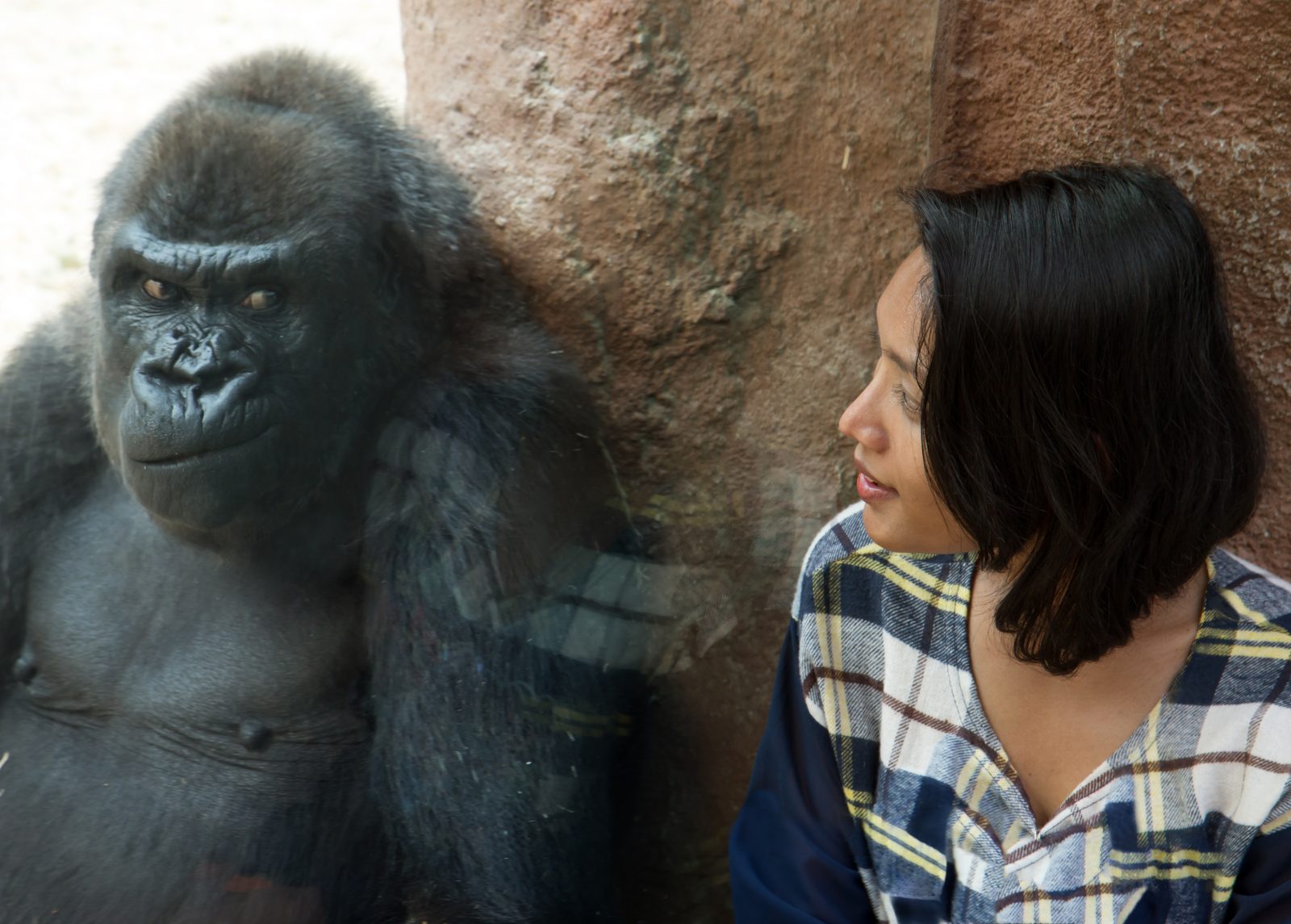


Casey Luskin on Why He Favors ID over Theistic Evolution
Today’s ID the Future continues intelligent design theorist Casey Luskin’s conversation with Apologetics 315 podcast hosts Brian Auten and Chad Gross. Here in Part 2, Luskin give a peek behind the scenes of ID 3.0, the current research program inspired by the intelligent design framework. Luskin is then asked to explain his reservations about theistic evolution, and Luskin points out the evidential, rhetorical, and logical problems he sees with the brand of theistic evolution advocated by Francis Collins and Biologos. What about the future of the intelligent design movement? Luskin says he’s optimistic, both because of the exciting research and publication breakthroughs of late, and because of the many converts he’s seeing to the ID framework. According to Luskin, many of these recruits remain behind the scenes to avoid reprisals from opponents of ID in positions of power, but some top scientists have come out publicly in support of intelligent design, including at least one Nobel Laureate. This episode is presented here with permission from Apologetics 315.

Engineers Crash the Evolution Party, Rethink Biological Variation
On today’s ID the Future, physicist and engineer Brian Miller sits down with host Casey Luskin to survey exciting developments in intelligent design research that are driven by an engineering model for understanding and studying variations in species. ID researchers are pushing this work, but so too are systems biology researchers outside the intelligent design community. Tune in to hear Miller and Luskin discuss everything from fruit flies, finch beaks, and stickleback fish to mutational hotspots, phenotypic plasticity, and the gravity well model of biological adaptation.

Life: Fearfully and Wonderfully Fine Tuned
Today’s ID the Future spotlights the incredible fine tuning of life. Robert J. Marks hosts Stockholm University professor of mathematical statistics Ola Hössjer and University of Miami population geneticist Daniel Díaz. The three discuss strategies for extending the concept of fine tuning to biological systems, and along the way touch on population genetics, entropy, and probability theory. At the center of the discussion are three technical papers—here, here, and here—each co-authored by one or more of the three members of today’s podcast discussion. This episode is reposted with permission from Mind Matters News, a website of Discovery Institute’s Walter Bradley Center for Natural and Artificial Intelligence. Head over to their podcast site to find the other episodes in this interview series.

A Mousetrap for Darwin, and Another for Richard Lenski
Today’s ID the Future extends the discussion of A Mousetrap for Darwin: Michael Behe Answers His Critics, the newest book from Discovery Institute Press. Here the focus is on Parts 4 and 7 of the new book, and in particular Richard Lenski’s Long Term Evolution Experiment at Michigan State. What has this long-running project demonstrated? As Behe explains in the book (and elaborates on in today’s podcast), “The study has addressed some narrow points of peculiar interest to evolutionary population geneticists, but for proponents of intelligent design the bottom line is that the great majority of even beneficial mutations have turned out to be due to the breaking, degrading, or minor tweaking of pre-existing genes or regulatory regions. There have been no mutations or series of mutations identified that appear to be on their way to constructing elegant new molecular machinery of the kind that fills every cell.” Listen in as Behe fills in the details with host Eric Anderson. And to dive still deeper, pick up A Mousetrap for Darwin here.

New Gene Research: A Single-Couple Human Origin is Possible
On this episode of ID the Future, biologist Ann Gauger talks with host Andrew McDiarmid about new research challenging the common claim that the field of population genetics rules out a single-couple human origin. She and Stockholm University statistical mathematician Ola Hössjer have just published a paper in the journal BIO-Complexity modeling the scenario using a newly developed computer algorithm. The results, Gauger says, show that the genetic data does not rule out Adam and Eve.
Read More ›
David Gelernter, Stephen Meyer, David Berlinski Challenge Darwinism, Pt. 1

Dr. Andrew Jones on “Actually Measuring Things Rather Than Telling Stories” in Population Genetics
On this episode of ID the Future, Dr. Andrew Jones tells about his work on population genetics, with host Sarah Chaffee. Using statistical physics methods, by which, as he puts it, “we’re actually measuring things rather than telling stories,” scientists are refuting theories claiming that there could be no original human pair. These methods can show as well that even if evolution were otherwise possible, it would take much longer than the available time could allow.

New Book Refuting Theistic Evolution Puts Ape-to-Man Under the Microscope: Pt. 2
On this episode of ID The Future, we continue a series on human origins with biologist Ann Gauger, CSC Director of Science Communications. Gauger centers her discussion around a big new anthology from Crossway Books that she contributed to and helped edit, Theistic Evolution: A Scientific, Philosophical, and Theological Critique. Today’s episode delves into chimp and human DNA. Really, how similar are our genomes? Do protein-coding stretches of DNA tell the whole story? And is there enough time for genetic mutations to build the novelties that separate humans all other primates?

Lee Spetner Takes Aim at Natural Selection and Population Genetics
On this episode of ID the Future, Ira Berkowitz interviews M.I.T. Ph.D. Lee Spetner in Jerusalem. Togethe they explore key arguments from Spetner’s books Not by Chance and The Evolution Revolution. Spetner takes on natural selection, discussing what it can and cannot do. He also explores aspects of population genetics and the constraints the Earth’s history imposes on evolving new species.
Read More ›